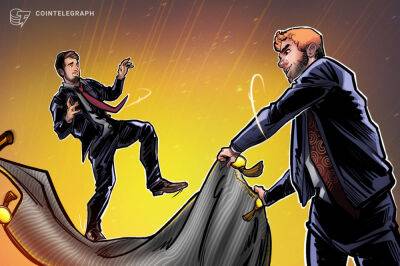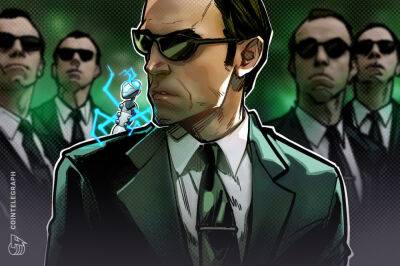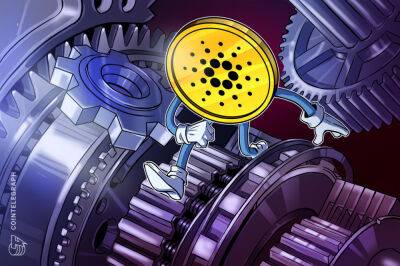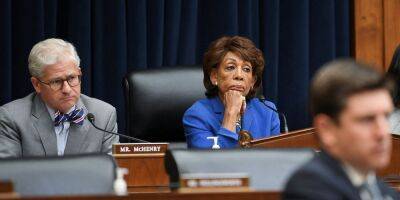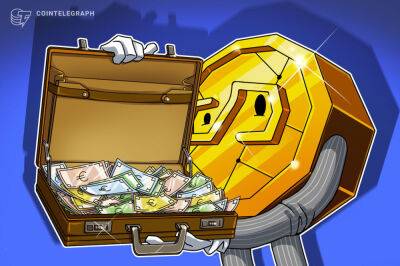7 DeFi Risks You Should be Aware of According to CoinShares
Risks are inherent to all financial sectors, and decentralized finance (DeFi) is no exception.
The most common forms of financial risk in traditional finance (TradFi) include credit risk, liquidity risk, asset-backed risk, foreign investment risk, equity risk, and currency risk.
While some of these risks may be present in DeFi, the industry largely has its own unique risks, and a recent report by digital asset investment firm CoinShares highlighted seven of them.
First, crypto is extremely volatile and users need to consider this when evaluating their collateral or the value of a decentralized app (dapp)’s treasury. This explains why over-collateralization is a normal practice in DeFi.
It also explains why DeFi protocol Compound Treasury has received a credit rating of B- from major credit rating agency S&P Global Ratings. The agency cited the uncertain regulatory regime for stablecoins, stablecoin-to-fiat convertibility risks, and the Treasury's "limited capital base" along with a 4% per annum return obligation as reasons for the decision.
A smart contract is a self-executing contract with prespecified terms and conditions. It executes a program exactly as written but that does not guarantee its safety. Errors in smart contracts can prove to be detrimental particularly since the blockchain is immutable, meaning that these errors cannot be easily rectified.
"As long as humans remain imperfect, so will the code they write," the report said, adding that there is an even greater risk with newer dapps.
As of now, the bulk majority of "DeFi tokens offer no true value accrual mechanisms" aside from voting power. This could tempt protocols "to opt for more ponzinomics to attract users and increase (temporarily) the price of its
Read more on cryptonews.com








